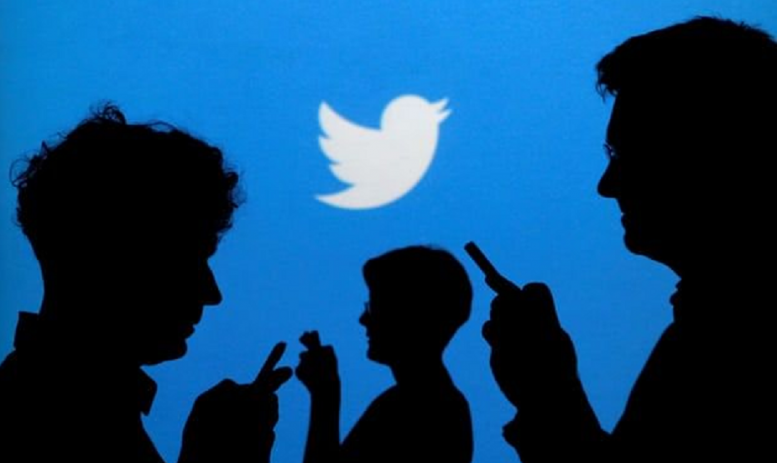Twitter (NYSE:TWTR) has announced that it will personally inform users who have come into contact with tweets linked to Russian corruption of the 2016 US presidential campaign.
The news comes amid strong criticism from Congress that the social media giant, along with Facebook (NASDAQ:FB) and Google’s Youtube (NASDAQ:GOOGL), are not doing enough to combat terrorism on their platforms.
Lawyers from Twitter, Facebook, and Youtube were grilled in a Commerce, Science, and Transportation Committee hearing today to discuss what methods can be taken to secure their platforms and users against terrorist content, notably Russian propaganda.
Responding to questions by Sen. Richard Blumenthal, Carlos Monje, Twitter’s director of public policy, said that the social media network is “working to identify and inform individually” any users who were exposed to Russian propaganda during the 2016 presidential election. Much of this propaganda material was planted by the Russian-backed ‘Internet Research Agency’ – an organisation linked to the Kremlin which specialises in online influence operations.
Sen. Blumenthal recognised that Facebook has also made efforts to the same end with its AI detection, while further criticising Google for doing too little, saying that they “essentially blew off my concerns by saying the nature of the platform made it difficult to know who has viewed its content.”
More details of Twitter’s preventative steps will be available soon, says Mr. Monje.
Similar discussions were held last November to discuss election interference. In the hearings, Democratic Sen. Mark Warner said that social media sites today have the power to “magnify propaganda and fake news on a scale that was unimaginable back in the days of the Berlin wall. Today’s tools seem almost purpose-built for Russian disinformation techniques.”
Between Sept. 1st, 2016 and Nov. 15th, 2016, Twitter determined that 1/100th of a percent of Twitter accounts linked to Russia were tweeting election-related content, according to Sean Edgett, Twitter’s acting general counsel.
Comparatively, Facebook estimated that 126 million Americans were exposed to Russian propaganda planted on its platform between June 2015 and August 2017 by the Internet Research Agency. This figure, which represents well over half of the total number of Americans who registered to vote in the 2016 election, suggests the strength of Russian interference in the 2016 presidential election, as well as how easy it is to spread propaganda on social media platforms.
Featured Image: twitter











